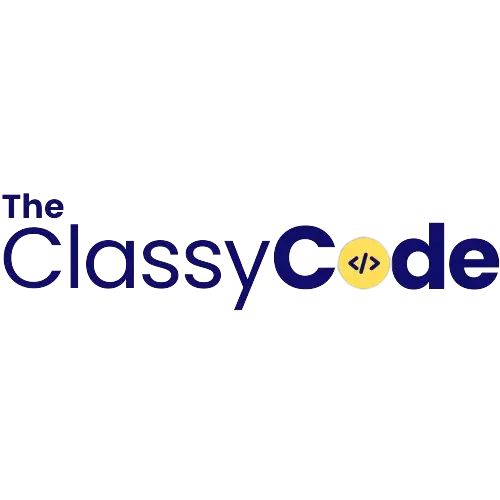Introduction
Informatica, a leading data integration and management software provider, offers a wealth of opportunities for scenario-based learning. By creating realistic scenarios that mimic real-world challenges, learners can gain valuable hands-on experience and develop the skills necessary to excel in data integration projects.
Scenario: ETL Project for a Retail Organization
Scenario Description:
A large retail organization is looking to consolidate data from multiple sources, including point-of-sale systems, customer relationship management (CRM) databases, and e-commerce platforms. The goal is to create a unified data warehouse that can be used for reporting, analytics, and decision-making.
Learning Objectives:
- Understand the ETL (Extract, Transform, Load) process and its components.
- Develop data mapping and transformation rules.
- Create and manage data quality rules.
- Implement data warehousing concepts, including dimensional modeling and star schemas.
- Troubleshoot and resolve common ETL challenges.
Scenario Activities:
- Data Source Analysis: Identify and analyze the data sources involved in the project, including their structure, content, and quality.
- Data Modeling: Develop a data model, including dimensions and facts, to represent the desired data warehouse structure.
- ETL Design: Design the ETL process, defining the steps involved in extracting, transforming, and loading data into the data warehouse.
- Data Transformation: Create Informatica mappings to transform data from its source format to the target format, applying necessary cleansing, validation, and aggregation rules.
- Data Quality: Implement data quality checks to ensure data accuracy, completeness, and consistency.
- Testing and Debugging: Test the ETL process to identify and resolve any issues or errors.
- Performance Optimization: Tune the ETL process to improve performance and efficiency.
Benefits of Scenario-Based Learning
- Hands-On Experience: By working through real-world scenarios, learners gain practical experience with Informatica tools and techniques.
- Problem-Solving Skills: Scenario-based learning helps develop problem-solving and critical thinking skills, which are essential for data integration professionals.
- Confidence and Competence: Successful completion of scenarios can boost learners’ confidence and competence in using Informatica.
- Knowledge Retention: Learning through scenarios can lead to better knowledge retention and application.
Conclusion
Scenario-based learning is a powerful method for mastering Informatica and preparing for real-world data integration projects. By simulating realistic challenges and providing opportunities for hands-on practice, learners can develop the skills and knowledge needed to succeed in this dynamic field.





